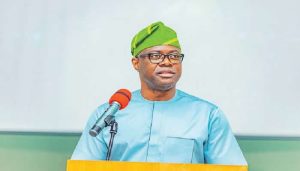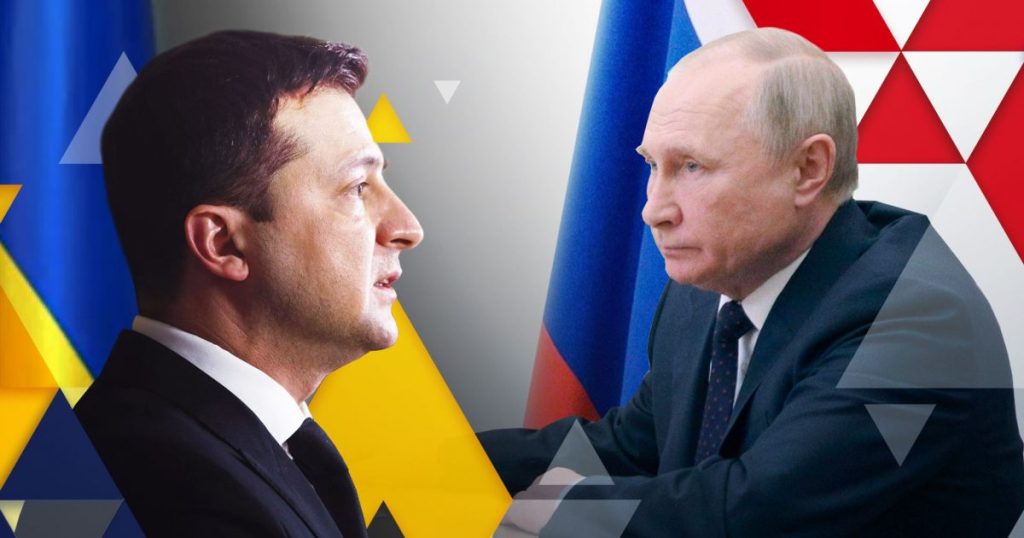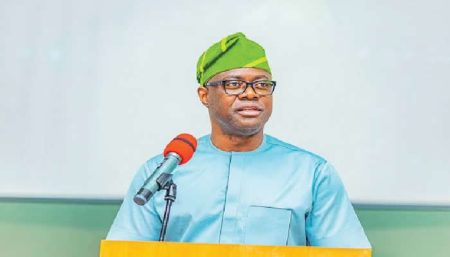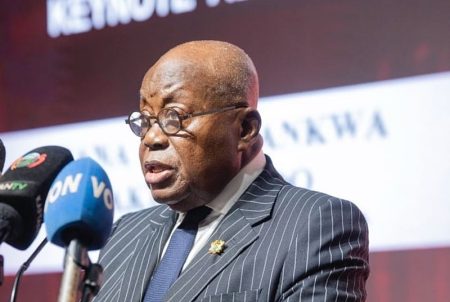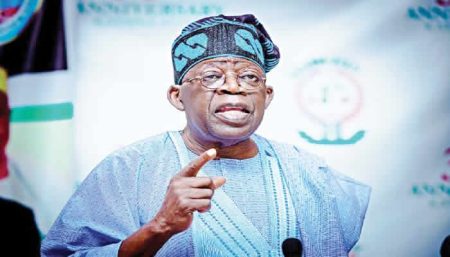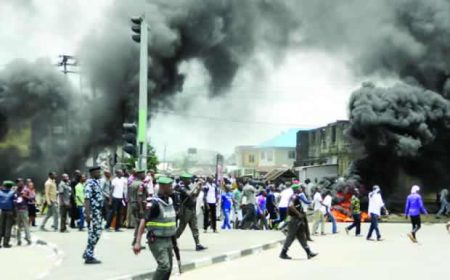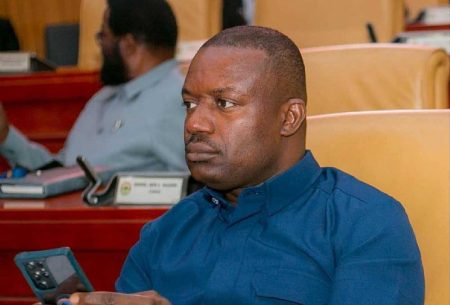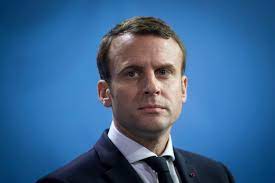Zelenskyy’s Demand for Inclusion in Peace Talks
Ukrainian President Volodymyr Zelenskyy has firmly asserted Ukraine’s right to be a central participant in any negotiations aimed at resolving the ongoing conflict with Russia. His declaration follows a recent meeting between United States and Russian officials in Riyadh, Saudi Arabia, which notably excluded Ukrainian representation. Zelenskyy emphasized that decisions about the war’s resolution should not be made without Ukraine’s direct involvement, underscoring the principle of national sovereignty and self-determination. He stressed that Ukraine, as the country most directly affected by the conflict, must have a voice in shaping its future and any potential peace agreements. This stance reflects Ukraine’s commitment to ensuring that its interests are protected and that any settlement reflects its aspirations for a just and lasting peace. The exclusion of Ukraine from the Riyadh talks has underscored the ongoing diplomatic tensions and challenges in finding a path towards a negotiated settlement.
The Riyadh Meeting and Ukraine’s Absence
The meeting in Riyadh marked a significant development, representing the first formal discussions between the United States and Russia specifically focused on halting the war in Ukraine since Russia’s full-scale invasion in February 2022. While the meeting itself offered a glimmer of hope for diplomatic engagement, the absence of Ukrainian representatives cast a shadow over the proceedings and raised concerns about the effectiveness of such talks without the involvement of a key stakeholder. US Secretary of State Marco Rubio and Russian Foreign Minister Sergey Lavrov agreed to establish high-level teams to explore avenues for ending the conflict and to establish a consultation mechanism to address points of contention in the US-Russia relationship. These agreements, while positive steps, remain preliminary and their ultimate impact will depend on the willingness of both sides to engage constructively and in good faith.
Zelenskyy’s Postponed Trip to Saudi Arabia
President Zelenskyy’s decision to postpone his planned trip to Saudi Arabia further highlights the sensitivity surrounding the peace talks and the importance Ukraine places on its direct participation. While originally scheduled to visit Riyadh shortly after the US-Russia meeting, Zelenskyy chose to reschedule his trip to March 10, citing a desire to avoid any "coincidences" and emphasizing the need for clear and purposeful engagement in any discussions regarding the conflict. This postponement reflects a strategic approach to diplomacy, ensuring that Ukraine’s presence in Saudi Arabia is timed to maximize its impact and align with its broader diplomatic objectives.
The Broader Context of the War and Diplomatic Efforts
The war in Ukraine has had profound geopolitical consequences, reshaping international relations and sparking a renewed focus on the security architecture of Europe. The conflict has underscored the fragility of peace and the urgent need for effective diplomatic solutions. While the Riyadh meeting represents a potential step forward, significant hurdles remain in the path towards a peaceful resolution. These include fundamental disagreements over territorial integrity, the future status of occupied regions, and the broader question of Ukraine’s relationship with NATO.
Challenges and Opportunities for Peace
The ongoing conflict presents a complex and challenging environment for peace negotiations. The deep mistrust between Ukraine and Russia, coupled with the involvement of international actors, requires a multifaceted diplomatic approach that addresses the core issues driving the conflict while also accounting for the broader security concerns of the region. Finding a sustainable solution requires addressing the root causes of the conflict, including historical grievances, territorial disputes, and the desire for self-determination. It also necessitates a framework for ensuring the safety and security of all parties involved.
Looking Ahead: The Path to a Negotiated Settlement
The path to a negotiated settlement in Ukraine remains uncertain, but the Riyadh meeting and President Zelenskyy’s insistence on Ukraine’s inclusion in the peace process offer a glimmer of hope. The establishment of high-level teams and a consultation mechanism between the US and Russia could potentially pave the way for more substantive discussions and, ultimately, a framework for a lasting peace. However, the success of these efforts hinges on the genuine commitment of all parties to engage in good faith negotiations and to find common ground based on mutual respect and a shared desire for a peaceful future. The international community has a critical role to play in supporting these efforts and in ensuring that any settlement respects the principles of international law and upholds the sovereignty and territorial integrity of Ukraine.



